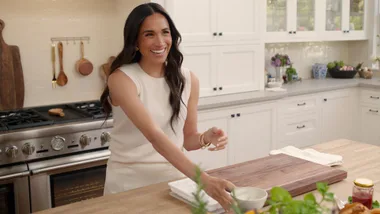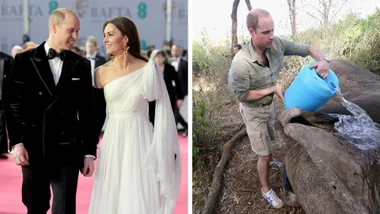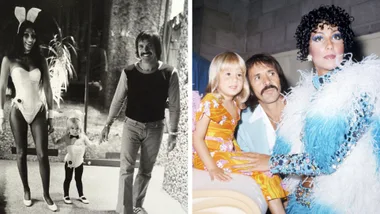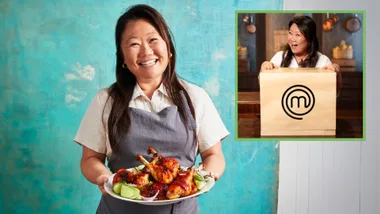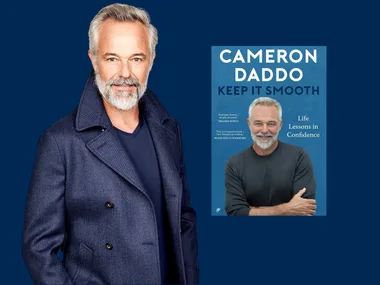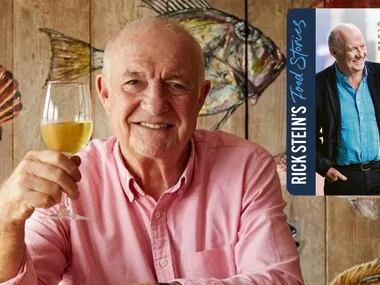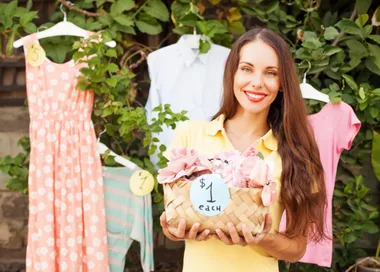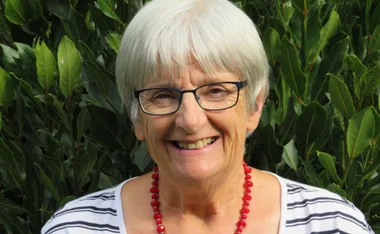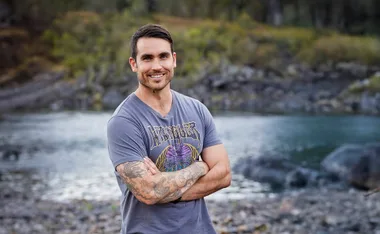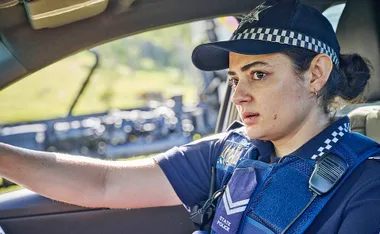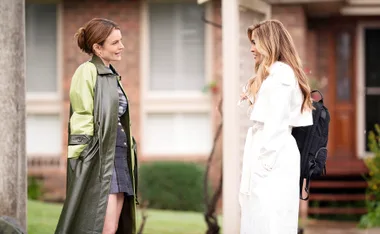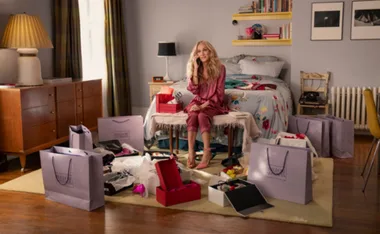She almost didn’t make it, but little Lola Patricia Newton Welsh is here to stay – and her famous family couldn’t be happier.
Looking over at the little bundle dozing peacefully in the corner, every little part of her fresh-baked perfection, it’s hard to imagine that baby Lola Welsh, born to proud parents Lauren Newton and Matt Welsh on March 26, almost didn’t exist. “She’s our little miracle bub,” says Patti Newton, looking over at her grandchild who, at a month old, has already endured two near claims on her young life.
Lola’s first fight began before she was even born. At the time, mum Lauren, 33, was a few weeks pregnant and as far as she knew, everything was going well. But a routine scan revealed worrying news. “The doctor told me that he couldn’t find the baby in the uterus, and that he was 95 per cent sure it was in the tube,” says Lauren, who was told it was an ectopic pregnancy.
“He wanted to act on it quickly, because I had been having a lot of cramping. He asked me to fast because he was pretty sure he was going to have to remove it [within days] or give me an injection to terminate the pregnancy.” Understandably, Lauren was devastated. “I felt like it was such a miracle that I was pregnant in the first place. I really wanted a third child, but it wasn’t 100 per cent planned,” she said.
“I already had my little boy and my little girl [Sam, 4, and Eva, 2], but this was such a lovely surprise. To have that taken away, I just thought, ‘Why is this happening to me?'” Amid her distress, Lauren couldn’t shake the feeling that she needed to investigate. She sought the help of a specialist in tricky pregnancies and IVF. His diagnosis was markedly different. “He did an ultrasound and straight away said, ‘I think you have been misdiagnosed’.”
Read more about the Newton’s family little miracle in this week’s Woman’s Day on sale Monday April 30, 2012.
Newsletter conversion description. Get the latest in your inbox.





.jpg?resize=380%2C285)







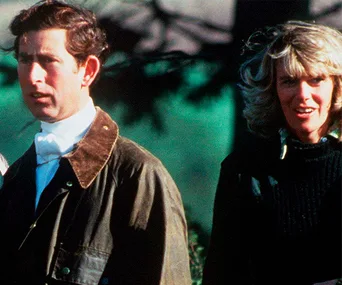


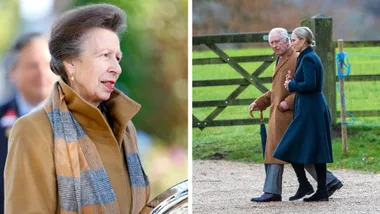
.jpg?resize=380%2C285)
